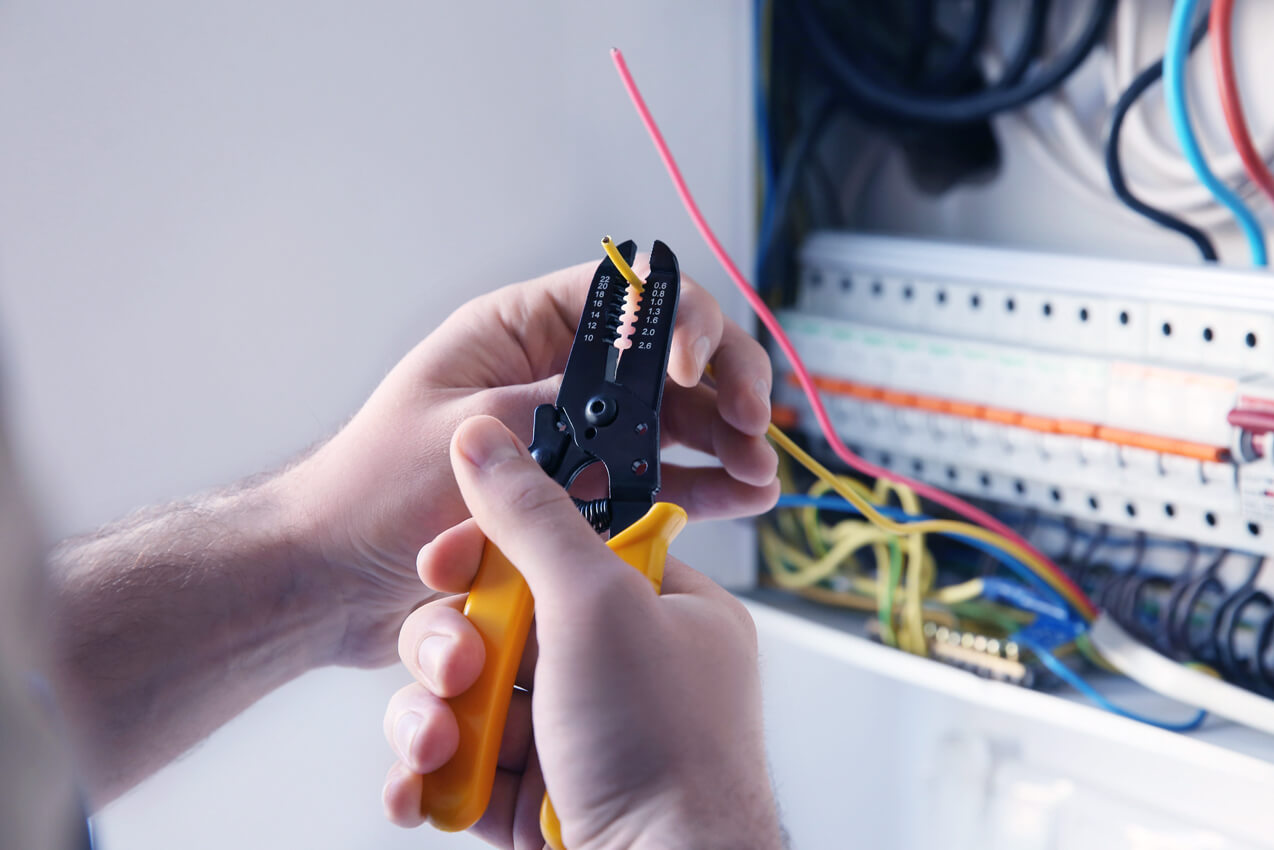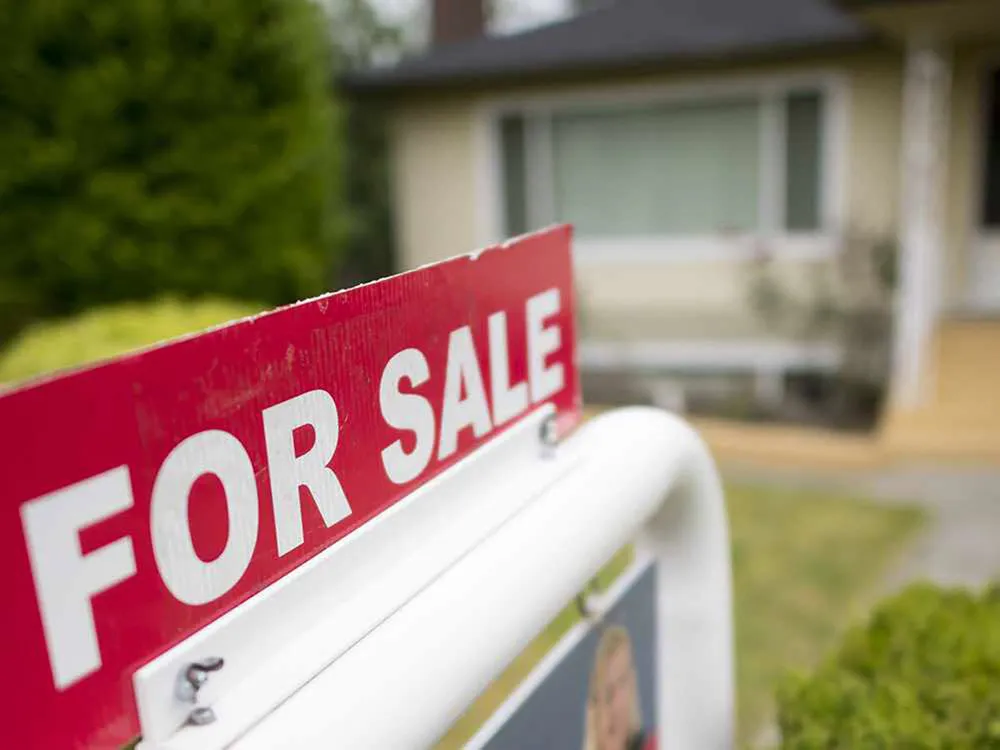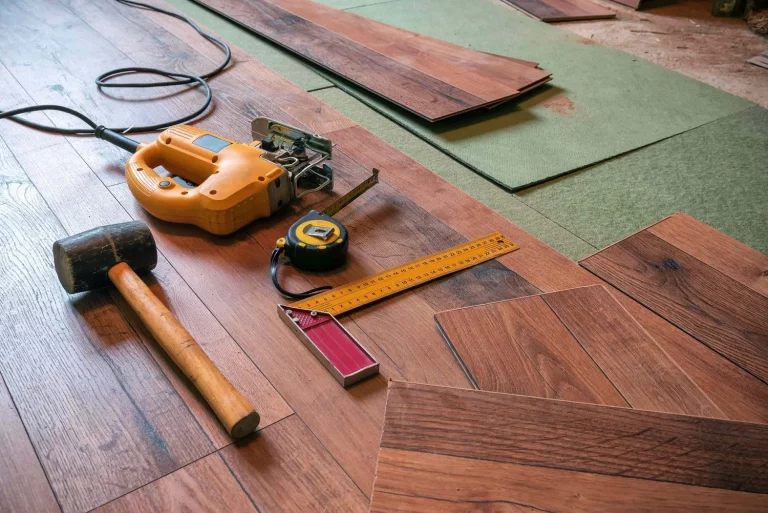Long Island, regarded as a gem within New York, offers distinct obstacles and prospects for those owning homes. Stretching from Nassau’s lively avenues to Suffolk’s tranquil settings, the region’s climate, geographical features, and elevated living expenses influence how inhabitants manage home upkeep and repairs. This guide provides:
- Practical insights into common household repairs.
- Offering advice on when to roll up your sleeves and when to call in the experts.
- Always keeping in mind the local context, including references to landmarks.
- Cost of living.
- The specific climate challenges faced by Long Islanders.
1. Plumbing Leaks and Clogs: A Mix of DIY and Professional Expertise

For minor plumbing issues like unclogging pipes or fixing a broken toilet handle, homeowners can often tackle the problem with essential tools and some DIY spirit. These projects require minimal time and skill, making them perfect for a weekend fix.
However, it’s wise to consult a professional for extensive plumbing work. The complexity of significant repairs and the risk of causing further damage make expert intervention crucial. Hiring local professionals ensures the job is done right and guarantees compliance with local building codes.
2. Electrical Fixes: Safety First

Changing a light switch or replacing a blown fuse falls within the DIY realm for those with a basic understanding of electrical systems. Yet, the stakes are high when it comes to major electrical repairs.
The potential dangers associated with electrical work mean it’s often best to leave it to licensed professionals familiar with Long Island’s specific codes and regulations. Always prioritize safety and consider the high risk associated with electrical projects.
3. Carpentry and Structural Work: Know Your Limits

Minor carpentry work, like patching drywall or fixing popped nail heads, is typically within the reach of a determined homeowner. These tasks require some essential tools and a careful approach but can be accomplished over a weekend.
However, for structural changes or significant renovations, professional help is indispensable. The expertise and equipment necessary for such tasks go beyond the scope of average DIY skills, especially considering the unique architectural styles and building materials found across Long Island.
4. HVAC Concerns: When to Call the Experts

Although homeowners can manage basic HVAC maintenance tasks like filter replacement on their own, the installation and significant repairs require the expertise of professionals. The intricate nature of HVAC systems and the necessity for accurate adjustments underscores the importance of specialized knowledge.
This is especially relevant in Long Island, where the climate necessitates effective winter heating and summer cooling. Hiring expert services guarantees that your HVAC system operates optimally, ensuring a comfortable living environment and controlled energy costs.
5. Enlisting a Real Estate Professional for New Construction

Engaging with an experienced real estate expert is vital for those considering new construction projects on Long Island. Such an agent, knowledgeable about local market movements, construction regulations, and the building sequence, can offer crucial advice that reduces expenses, conserves time, and lessens stress.
Skilled in navigating the intricacies of construction, especially in areas like Suffolk County with its competitive and diverse real estate landscape, they can guide your project from a simple family abode to a luxurious estate, ensuring the process is more streamlined and effective.
In Conclusion, Homeownership in Long Island comes with challenges and immense rewards. Whether fixing a leaky pipe, updating your electrical system, or embarking on a significant renovation, knowing when to DIY and call in the professionals can make all the difference.
For those in the market, remember that professionals are not just for repairs and renovations. If you’re looking to sell, “We Buy Houses in Long Island” offers a quick and efficient solution, reflecting the dynamic nature of the local real estate market.
By understanding your limits, assessing the complexity and risks of each project, and recognizing the value of professional expertise, you can confidently maintain and enhance your Long Island home.

